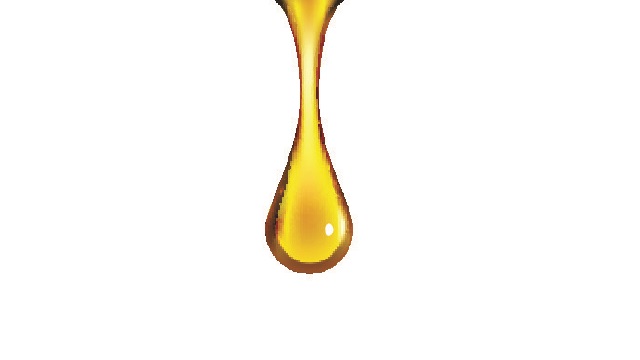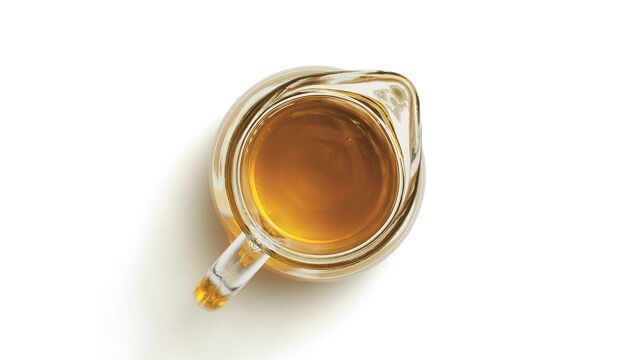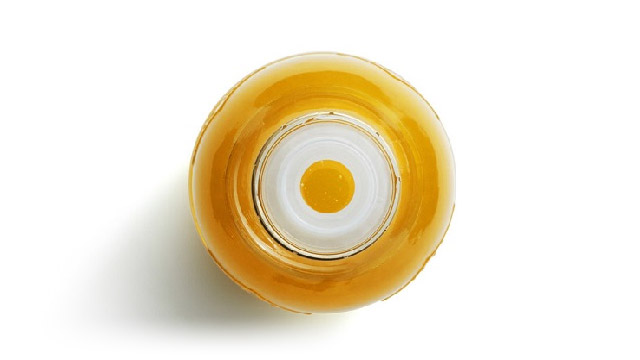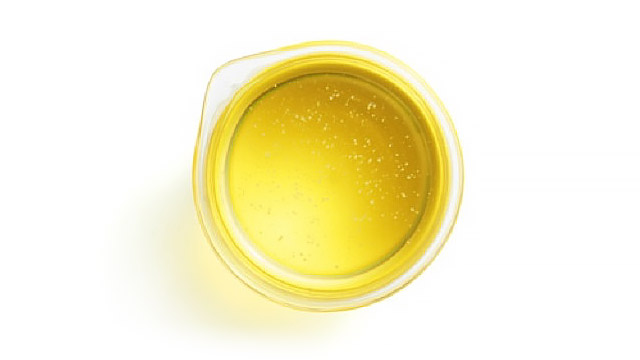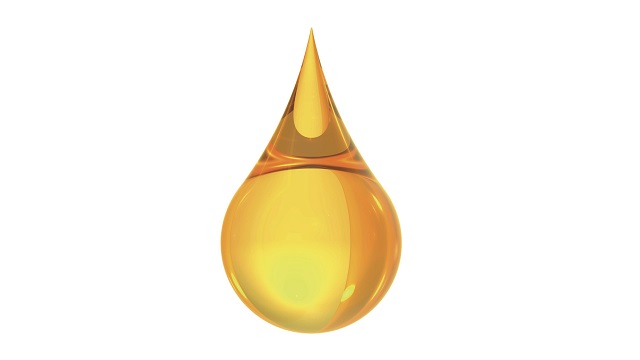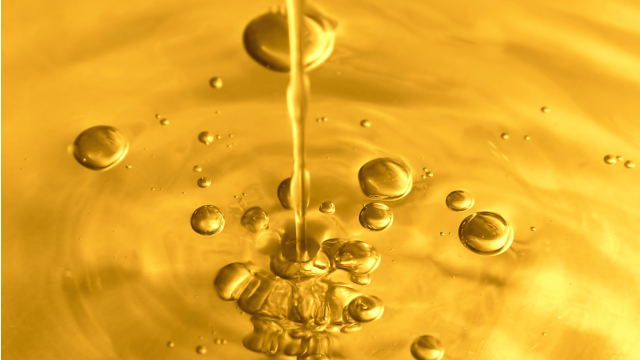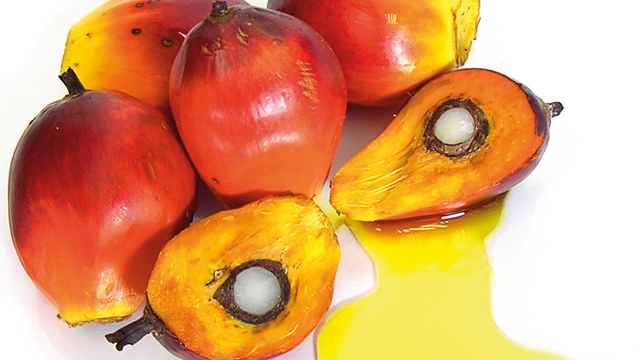Deodorization systems
The deodorization process systems use lower temperatures and less steam to deodorize or deacidify your edible oils, stripping them of unwanted odour, flavour, colour and other volatile substances, safely and reliably. Whether deodorizing palm, soybean, rapeseed or other edible oil, this essential process significantly reduces unwanted volatiles as well as the formation of glycidyl esters (GEs) & trans-fatty acids (TFA) isomers. Get more effective treatment and better quality, safety and yield.
Trust Alfa Laval deodorization systems to get rid of odour and volatile substances that degrade oil quality and maximize your edible oil yield
- Reliable, versatile, easy-to-operate deodorization systems for edible oil refining
- Vast experience in optimizing deodorization systems to meet process requirements
- Maximum product quality and yield
- Minimum product loss and utility consumption
- Improved GE removal to levels below 0.5 ppm
Get the most efficient deodorization system to maximize your edible oil yield. Modular, easy-to-customize Alfa Laval deodorization systems optimize the stripping and retention sections to your exact processing requirements—from seed oil deodorization and tropical oil deacidification to oils with low levels of GEs and toxic trace elements.
Deodorization takes place at the lowest temperature and effectively removes GEs, polyaromatic hydrocarbons, pesticides and other unwanted volatiles. Moreover, control is effortless due to smart instrumentation and control system.
Whether building a new installation or extending or upgrading existing ones, trust Alfa Laval deodorization systems with patented thin-film technology to boost the efficiency of your deodorization and deacidification systems.
How it works
How deodorization of oil works
Deodorization is a steam-distillation process to remove free fatty acids and volatile components present in crude edible oil at this stage of processing. These unwanted substances negatively affect the odour, flavour, colour and stability of the final product. To strip these substances from the oil, steam is passed through the oil at very low pressure, relatively high temperature and high-vacuum conditions.
Deaeration
Before heating the oil, air must be removed under vacuum (deaeration) to prevent oxidation, thereby protecting product quality. After leaving the deaerator, the oil is regeneratively heated in a special heat exchanger, the economizer, by the hot oil leaving the deodorization column. This ensures that as much heat as possible is recovered from the hot oil. The oil then proceeds to a final heater where it is brought to the exact temperature required for deodorization, normally using high-pressure steam.
Pre-stripping and retention
When the oil has reached the designated temperature, in range of 220-260°C depending on the processed oil, it is fed to the deodorization column, the main component used for deodorizing edible fats and oils. The column can consist of a stripping section and a retention section. When the oil passes through the stripping section, it is exposed to a combination of vacuum and steam that removes volatiles – including free fatty acids (FFAs) – that have a higher vapour pressure than the oil itself. If present, these volatile impurities affect the flavour, odour and stability of edible oils.
The oil is then held in a retention section for a certain amount of time for thermal treatment – known as heat bleaching – that removes undesirable pigments and ensures the stability of the final product. The length of time the oil is kept in the retention section depends upon the desired product specifications.
Post-stripping and GE stripping
The oil is fed under vacuum to the post-stripping section where, as a thin film, it is exposed to a combination of vacuum and steam that removes volatiles, including compounds of thermal degradation generated during retention at high temperatures. The treated oil is then cooled.
At temperatures below 200°C, the formation of glycidyl esters (GEs) is limited and therefore GE cam be stripped without formation from cooled quench oil. A specially designed column filled with structured packing, or GE stripper, effectively removes GEs to levels below 0.5 ppm in size by promoting contact between steam and oil under vacuum conditions. However, to be effective, this method calls for immediate cooling after GE stripping.
Condensing removed impurities
The volatile impurities removed from the oil are condensed in a scrubber unit, using recirculated and cooled distillate. The scrubber is either placed on top of the stripping section or built as a separate vessel.
Cooling
Finally, cooling the oil occurs in two stages: (1) in the economizer to the specified final temperature, and (2) in the process of polish filtration before being transferred to subsequent processes, storage or packaging.
Applications and Product Range
Alfa Laval deodorization systems are mainly used in the edible oil and animal fat industries, but can also be adapted to for inedible purposes, such as biodiesel and hydrotreated vegetable oil (HVO) pre-treatment. For more information on special product lines from the range of Alfa Laval deodorization/deacidification solutions, see:
Servis
Global services
More than 130 years of experience. Experts the world over. Service centres in nearly 100 countries. For true peace of mind, take advantage of the Alfa Laval global service network with its solid local presence to maximize quality, efficiency and yield of your processes. Alfa Laval can provide the depth, breadth and range of components, equipment, systems and service unmatched by many other equipment suppliers. We’re always nearby, caring for your systems and optimizing your processes over the entire life cycle of your edible oil refining plant.
Müşterilerimiz
The Bunge Group
The Bunge Group is a global agribusiness and food operation. The group’s Food Products division is Latin America’s largest oil seed processor and largest seller of bottled oils to the retail market. In addition, Bunge has invested in the largest vegetable oil refinery in Latin America to extend this position. Located in Brazil, this major plant has a capacity of 1200 tonnes per day.
Alfa Laval is responsible for the complete refinery, featuring a neutralization section with two PX 110 separators, a bleaching process installation and a complete SoftColumn deodorization solution.
PT Grahadura Leidongprima
PT Grahadura Leidongprima is a family-owned business on the island of Sumatra in Indonesia. The company is very successful in the palm oil processing industry. To cement this position, the company ordered the first SoftColumn deodorization plant in Indonesia, accompanied by dry fractionation plants.
This Alfa Laval SoftColumn deodorization installation provides the company with a processing capacity of 1,000 tonnes of palm oil daily.
The Imcopa soybean oil refinery
The Imcopa soybean oil refinery in Brazil decided on an upgrade path to tackle very high steam costs, plus problems with poor heat recovery in the company’s existing plant.
Benefiting from the Alfa Laval retrofit concept, Imcopa upgraded an existing deodorizer and installed a new neutralization and bleaching line, plate heat exchangers, mixers and a PX 95 separator. This enabled the company to boost refinery capacity from 400 to 600 tonnes daily. This retrofit strategy, combined with Alfa Laval heat transfer technologies, enabled Imcopa to reduce overall production costs by more than USD 3 per tonne of oil – the investment paid for itself in less than 2 years.
Key edible oil processing equipment used in our systems
Webinars for the Edible Oil industry
Our experts share know-how to optimize edible oil refining processes, remove impurities and volatile components for better product quality, safety and yield.


